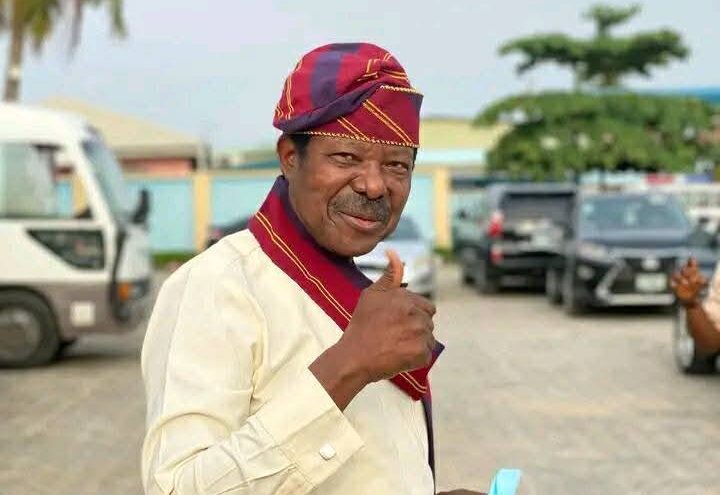Lagos Community Rejects Street Renaming, Defends Cultural Heritage
Ilaje community in Lagos launches powerful resistance against street renaming, defending their cultural heritage and historical identity in a bold stand against perceived marginalization.

Ilaje community members protest against the renaming of their historic street in Lagos
Ilaje Residents Rise Against Cultural Erasure in Lagos Street Renaming
In a powerful display of cultural resistance, the Ilaje community in Lagos State's Bariga area has risen against attempts to rename their historic street, defending their heritage against what they see as systematic marginalization.
The controversy erupted after Kolade Alabi, former chairman of the Bariga Local Council Development Area (LCDA), announced the renaming of Ilaje Road to King Sunny Ade Road, sparking immediate backlash from the community. This development mirrors similar community-led resistance against traditional power dynamics seen across Nigeria.
Cultural Identity Under Threat
Raphael Irowainu, President General of Egbe Omo Ilaje Worldwide, condemned the decision as a "calculated attempt to decimate" the Ilaje people's presence in Lagos State. The community, which established Bariga in 1948, views this as part of a broader pattern of marginalization.
"The entire place was like a forest. They were the ones who made the road before the state government took over later," Irowainu emphasized, highlighting the deep historical roots of the Ilaje people in the area.
Broader Pattern of Governance Concerns
This situation reflects larger governance issues in Lagos, where local leadership decisions often clash with community interests. The controversy has sparked a broader debate about cultural preservation and administrative authority in Nigeria's commercial capital.
Legal Challenge and Community Response
The Ilaje community has initiated legal proceedings, questioning the LCDA's constitutional authority to rename streets. This resistance shows parallels to other Nigerian triumph stories against overwhelming odds, demonstrating the power of unified community action.
As this situation unfolds, it serves as a crucial reminder of the importance of preserving indigenous cultural identities in Nigeria's rapidly evolving urban landscape. The community's stand represents a significant moment in the ongoing dialogue about cultural preservation and administrative authority in modern Nigeria.
Tunde Okoro
Nigerian journalist with a Pan-African voice. Covers politics, sovereignty, and social justice across West Africa.
